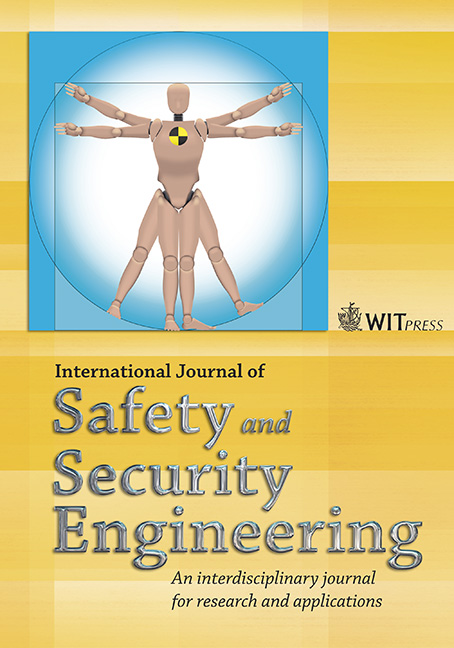HOMELAND SECURITY AND EMERGENCY MANAGEMENT IN INSTITUTIONS OF HIGHER EDUCATION (IHE): TEXAS CASE STUDY
Price
Free (open access)
Volume
Volume 7 (2017), Issue 3
Pages
14
Page Range
337 - 351
Paper DOI
10.2495/SAFE-V7-N3-337-351
Copyright
WIT Press
Author(s)
MAGDALENA ANNA DENHAM & ASHISH KUMAR KHEMKA
Abstract
This exploratory case study adopted the classical content analysis (CCA), cross case mixed strategy and Qualitative Data Miner (QDA) correspondence analysis of websites across 41 accredited public Institutions of Higher Education (IHE) in the state of Texas. The conceptual framework guiding the study was based on adaptive resiliency and Disaster Resilient University (DRU) paradigms. The goal of this inquiry was to determine (a) the most common organizational arrangements adopted across the IHEs in Texas to integrate emergency management functions on their campuses?; (b) the scope of most common activities and engagement performed by IHEs in Texas with respect to supporting the DRU mission across the cycle of emergency management?; (c) competencies and job definitions of officials specifically involved in supporting the all-hazards approach to emergency management on IHE campuses in Texas?; (d) training, exercise and certification standards as well as emergency notification systems commonly adopted among the IHEs in Texas; and (e) the type of educational, awareness, and outreach programs which can be identified across Texas IHEs in support of the DRU mission? Common and divergent themes, as well as implications for IHE leadership practice will be discussed.
Keywords
emergency management, homeland security, higher education, disaster resiliency, incident management cycle, campus safety and security, preparedness, response, recovery, mitigation




